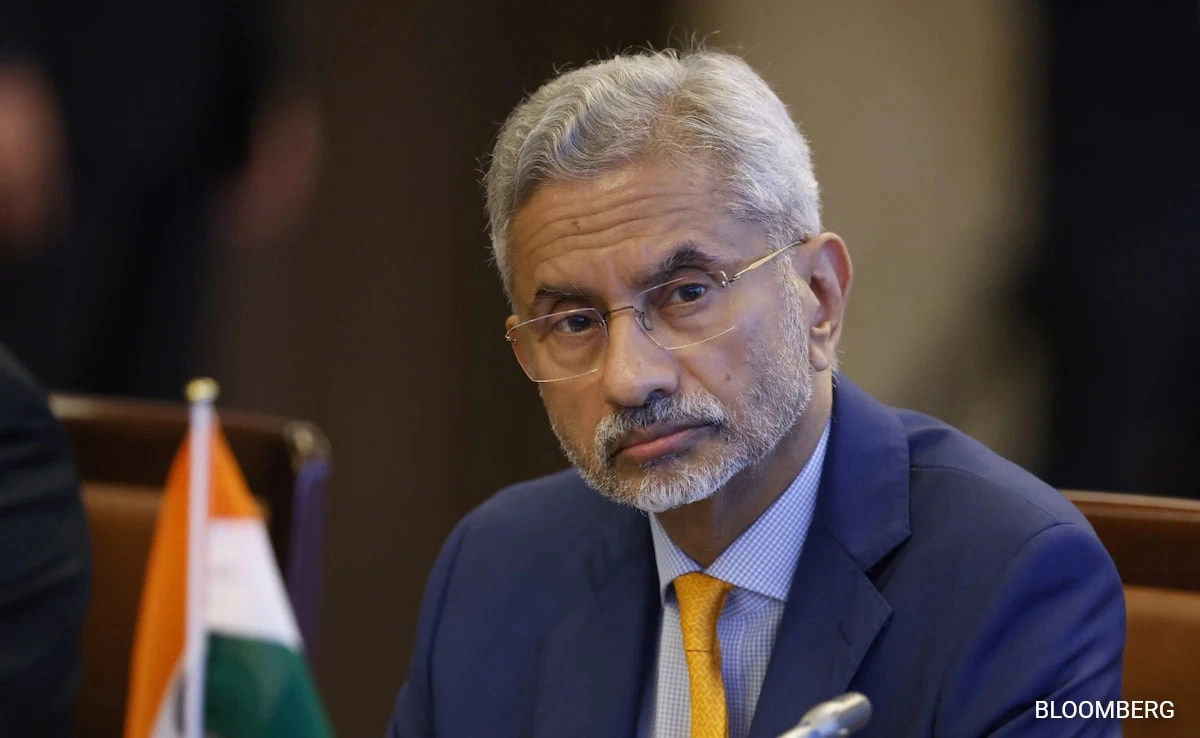Google has recently discovered a strategic workaround for lobbying regulations that have, until now, excluded its top executives from direct participation in lobbying activities. This development highlights the intricate balance between legal compliance and corporate influence in the political sphere. Lobbying rules are designed to limit the ways in which companies can exert influence over governmental decisions, particularly in relation to regulatory approvals and public policy. However, the tech giant’s new approach demonstrates a creative adaptation to these regulations, allowing its leadership to engage indirectly in lobbying efforts.
The core of the issue lies in the regulatory framework that governs lobbying activities, which often includes provisions that prevent high-ranking executives from directly engaging in lobbying efforts. Google’s workaround involves utilizing third parties and intermediaries to convey its interests and influence policy discussions without violating these stipulations. By doing so, the company can still assert its presence in the political landscape, shaping legislation and regulations in ways that align with its business objectives. This tactic not only underscores the importance of strategic maneuvering in corporate lobbying but also raises questions about the transparency and ethical implications of such indirect methods.
Moreover, this situation reflects broader trends in how large corporations navigate the complex web of lobbying regulations. As companies like Google continue to grow in size and influence, they are increasingly finding ways to operate within, and sometimes around, the established rules. Critics argue that these practices may undermine the intent of lobbying regulations, which are meant to promote transparency and accountability in how companies interact with government entities. The ability of corporations to sidestep these regulations through creative means highlights a significant challenge in regulating corporate influence over public policy.
In response, lawmakers and regulatory bodies may need to reassess existing lobbying rules to ensure they effectively address the evolving landscape of corporate lobbying. This includes scrutinizing not just the actions of the companies themselves but also the tactics employed to navigate legal frameworks. As the dialogue around corporate influence in politics continues, the need for reform in lobbying regulations becomes increasingly evident. Ultimately, Google’s workaround serves as a case study of the lengths to which corporations will go to maintain their influence, prompting a reevaluation of the rules that govern such activities in the interest of greater transparency and accountability in the political process.




